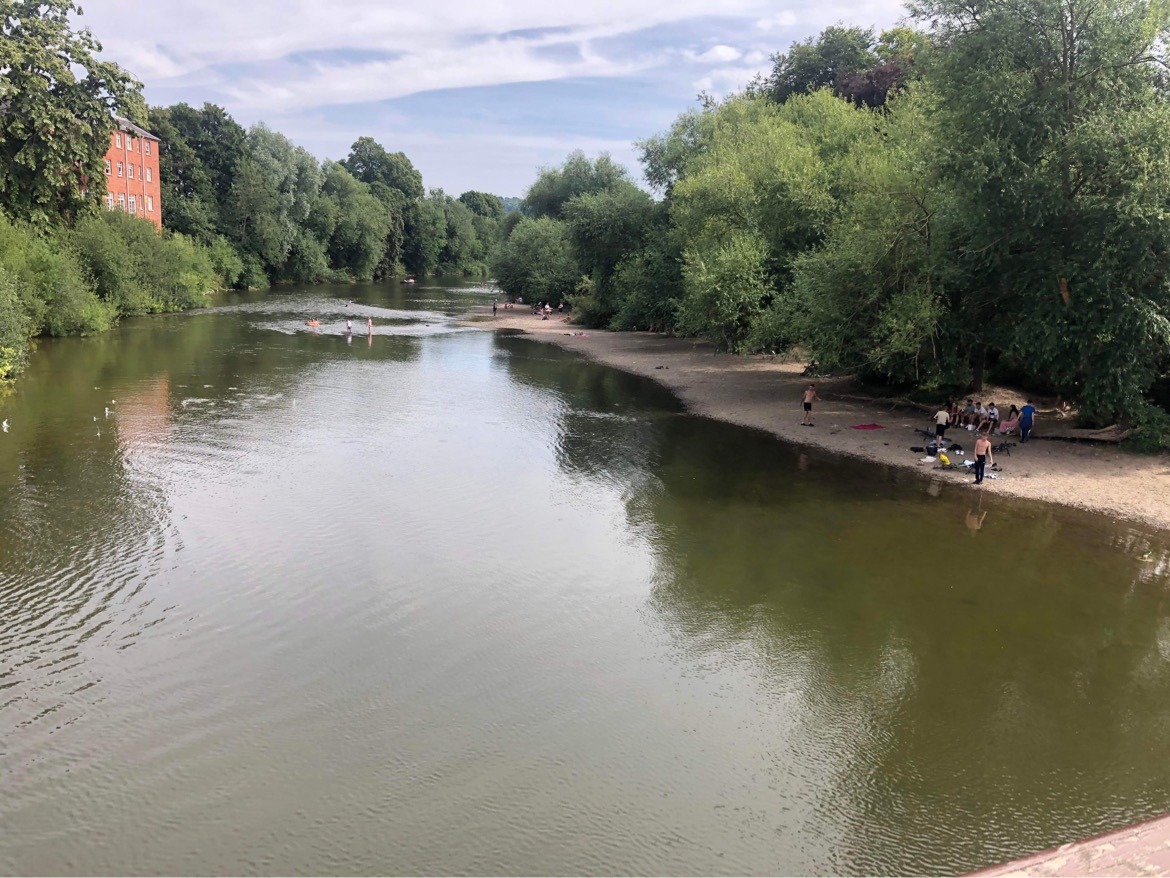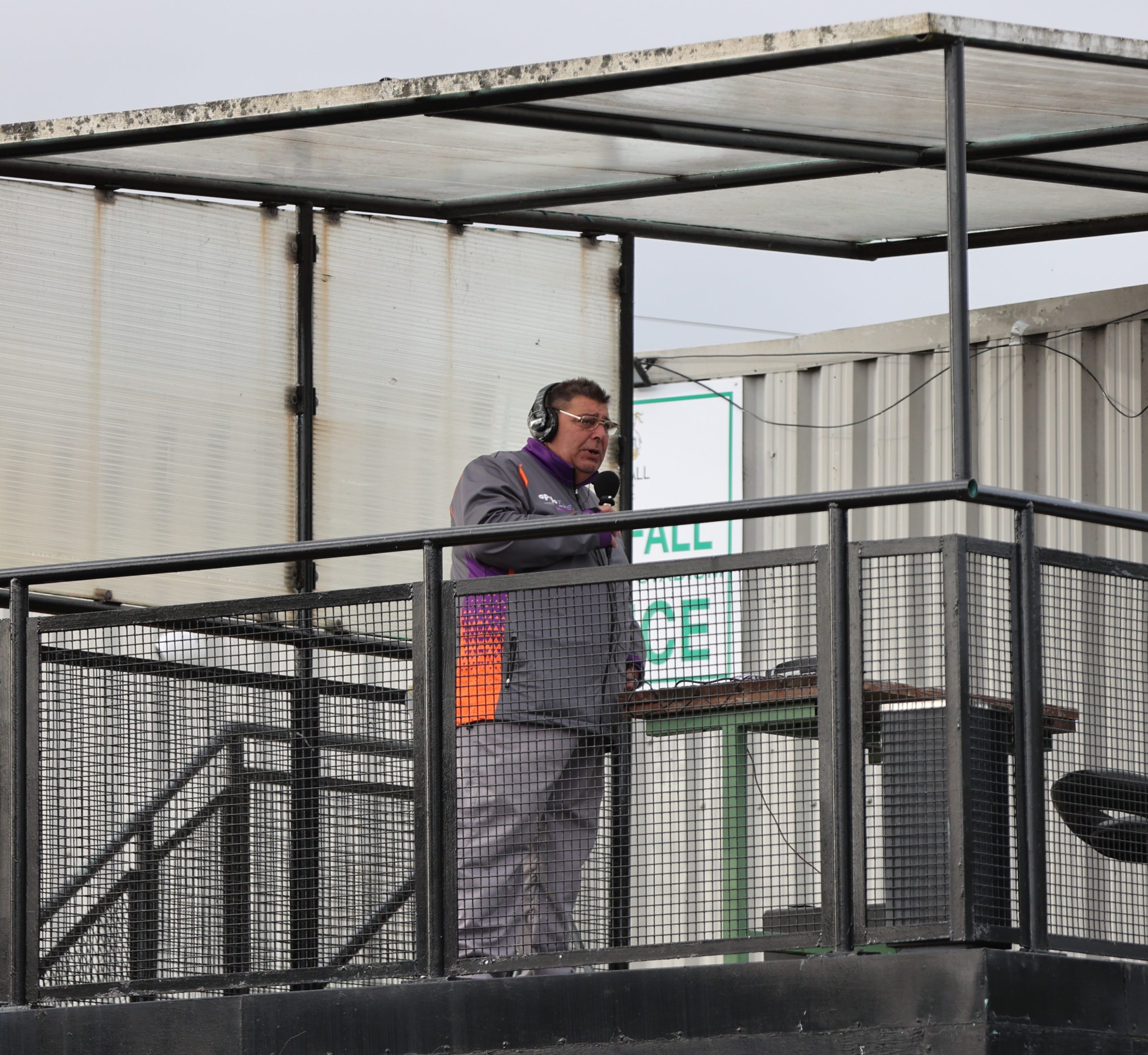Following the First Minister’s Phosphate Summit at the Royal Welsh Agricultural Show at Llanelwedd on Monday 18 July, Dŵr Cymru Welsh Water has outlined proposals to invest an extra £100m before the end of 2025 to reduce Phosphate discharges from its wastewater treatment works and to reduce the impact of Combined Storm Overflows (CSOs). This is in addition to the £836m already budgeted in its Business Plan for 2020-2025.
The additional £100m, subject to regulatory approval, is to enable investment schemes to be brought forward from the next regulatory period (2025-2030) including approximately £60m to reduce our phosphorous contribution to key rivers, and £40m to reduce discharges from CSOs. This would include phosphorous reduction in Abergavenny, Brecon, Letterston, Llanybydder, Monmouth and Wolfscastle, supporting improvements on the Usk, Wye, Cleddau and Teifi rivers.
Welsh Water has also published a discussion paper on improving river water quality that proposes a collaborative approach to ensure available funding – from all sources – is targeted where its impact will be most beneficial to the health of the rivers. The discussion paper proposes:
- Common goals are established that all stakeholders work towards
- Investment is evidence-led and the evidence base is urgently agreed in order to target investment effectively
- SAC (special areas of conservation) rivers failing to achieve “Good Ecological Status” under the Water Framework Directive are prioritised
- A “Catchment Permit” structure is developed to allow a multi-sector approach to be tailored to each catchment for the biggest environmental gain (rather than the current site-based permitting approach)
- Current investment is increased by all sectors to fund improvements but that it remains proportionate and affordable (including for customers)
Alastair Lyons, Chair of Welsh Water, said:
“Healthy rivers are vital for a thriving environment, for our local economies and for our own public health – it is in everyone’s interest that more is done to improve them. Rivers in Wales are generally in a better condition than much of England, with 44% of our rivers achieving good ecological status compared to 14% in England. However, this is nowhere near high enough and we recognise that all companies, organisations and communities must work together to play their part in helping improve our rivers further. We are already investing £836m to maintain and improve our wastewater network in the five years to 2025, and our proposal to increase this by a further £100m will bring significant benefit. Our projections to 2025 under our ‘Not for Shareholder’ structure provide us the financial flexibility to make this additional investment to the benefit of our communities.”
Peter Perry, Welsh Water Chief Executive, added:
“To drive the improvements to river water quality we all want to see, we need to work together at a catchment level to ensure that the interventions, investments and permitting regime are delivering the required improvements efficiently and that inevitably limited funding has the greatest impact. That is why we’re proposing a new “catchment permit” regime where the right solution for the catchment will be the priority rather than looking at sites individually. No one organisation, sector or regulator can improve our rivers sufficiently on their own – we must all play our part working together.”




